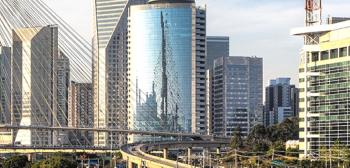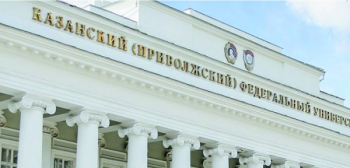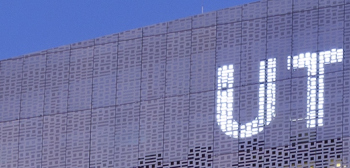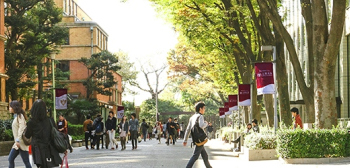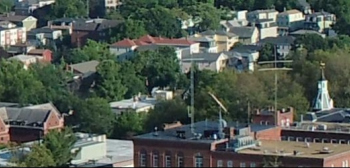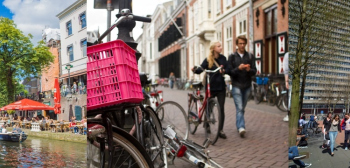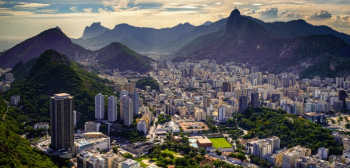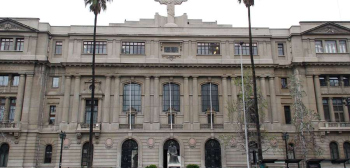里约热内卢联邦大学
About
The Federal University of Rio de Janeiro – UFRJ is a Brazilian public and free university recognized by its high quality of teaching as well as by its commitment to research. The institution has four campuses in Rio de Janeiro state: Cidade Universitária, Praia Vermelha, Macaé and Xerém. Structurally, the UFRJ comprises the Science and Culture Forum and six university centers – the Center of Health Sciences (CCS), the Center of Juridical and Economic Sciences (CCJE), the Center of Mathematics and Natural Sciences (CCMN), the Center of Philosophy and Human Sciences (CFCH), the Center of Letters and Arts (CLA), and the Center of Technology (CT). Each of the centers comprises institutes, schools, faculties and supplementary units, which includes seven museums, among which we can highlight the National Museum, eight university hospitals, and the third deepest ocean basin in the world for research on offshore oil exploration. Currently, the UFRJ offers 194 undergraduate programs in all areas, 117 master’s programs, 91 doctorate programs, 162 extension projects and 392 sensu lato graduate courses. It has a student body of ~41,000 undergraduate students, 6,300 master’s students, 5,900 doctorate students; a staff of 5,300 professors and researchers, and 9,150 technical-administrative employees. UFRJ is the largest federal university of Brazil.
About
The Federal University of Rio de Janeiro – UFRJ is a Brazilian public and free university recognized by its high quality of teaching as well as by its commitment to research. The institution has four campuses in Rio de Janeiro state: Cidade Universitária, Praia Vermelha, Macaé and Xerém. Structurally, the UFRJ comprises the Science and Culture Forum and six university centers – the Center of Health Sciences (CCS), the Center of Juridical and Economic Sciences (CCJE), the Center of Mathematics and Natural Sciences (CCMN), the Center of Philosophy and Human Sciences (CFCH), the Center of Letters and Arts (CLA), and the Center of Technology (CT). Each of the centers comprises institutes, schools, faculties and supplementary units, which includes seven museums, among which we can highlight the National Museum, eight university hospitals, and the third deepest ocean basin in the world for research on offshore oil exploration. Currently, the UFRJ offers 194 undergraduate programs in all areas, 117 master’s programs, 91 doctorate programs, 162 extension projects and 392 sensu lato graduate courses. It has a student body of ~41,000 undergraduate students, 6,300 master’s students, 5,900 doctorate students; a staff of 5,300 professors and researchers, and 9,150 technical-administrative employees. UFRJ is the largest federal university of Brazil.
University highlights
- 2012#333
- 2014#=284
- 2015#271
- 2016#323
- 2017#=321
- 2018#311
- 2019#361
- 2020#358
- 2021#=380
- 2022#=369
- 2023#333
- 2024#=371
- 2025#=304
- 2026#=317
Campus locations
Cidade Universitária,
Avenida Pedro Calmon, 550 , Rio de Janeiro , Rio de Janeiro , Brazil , 21941-901
Macaé,
Rua Aluízio da Silva Gomes, 50, Macaé , Rio de Janeiro , Brazil , 27930-560
Polo Xerém,
Estrada de Xerém, 27 , Rio de Janeiro , Rio de Janeiro , Brazil , 25245-390
Praia Vermelha,
Avenida Pasteur, 250 , Rio de Janeiro , Rio de Janeiro , Brazil , 22295-900
Similar Universities
德霍尔大学
P.O.Box: 2509, P.C 211,, Salalah
上智大学
7-1 Kioi-cho, Tokyo
Foisie Business School
100 Institute Road, Worcester


